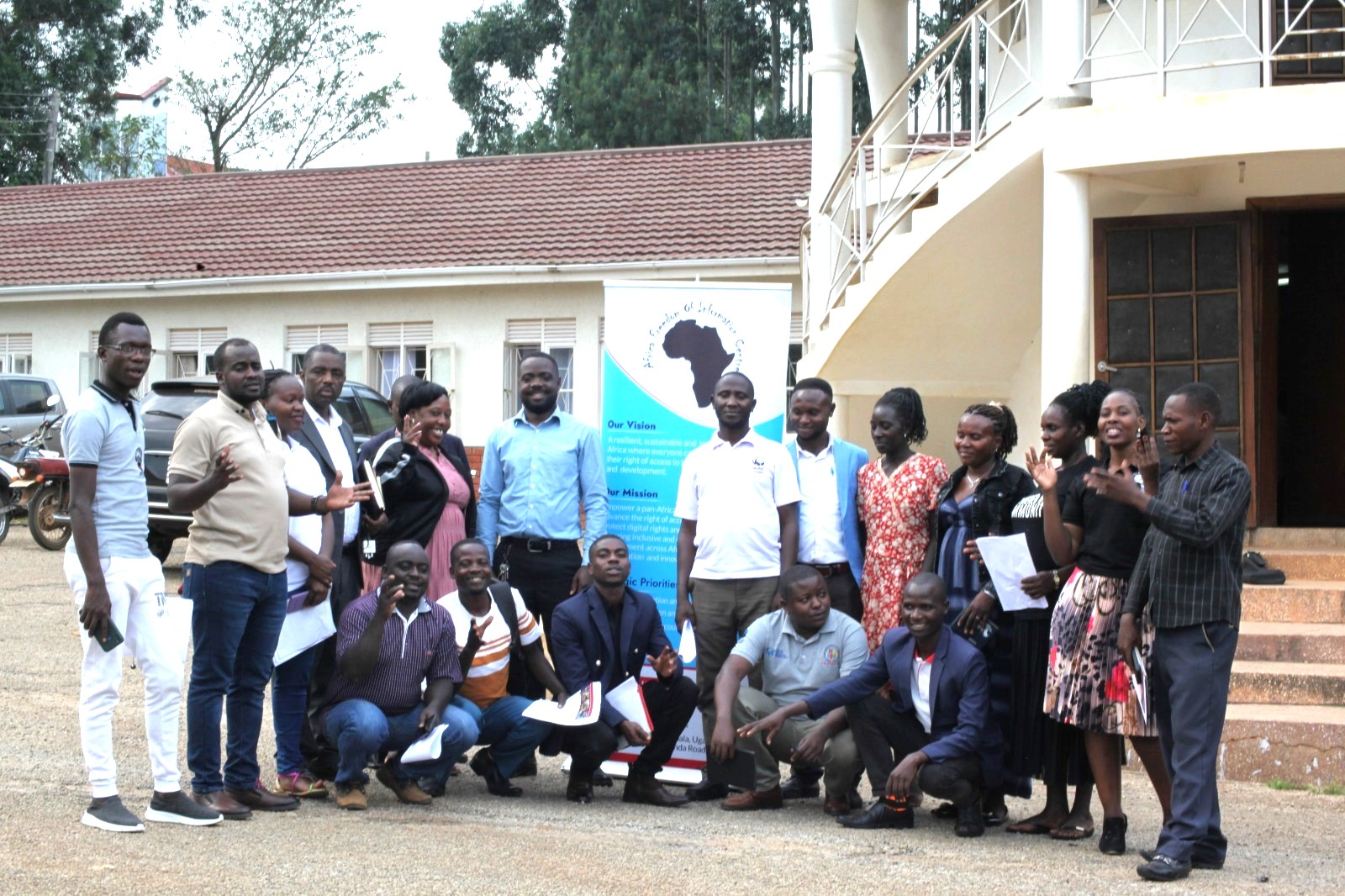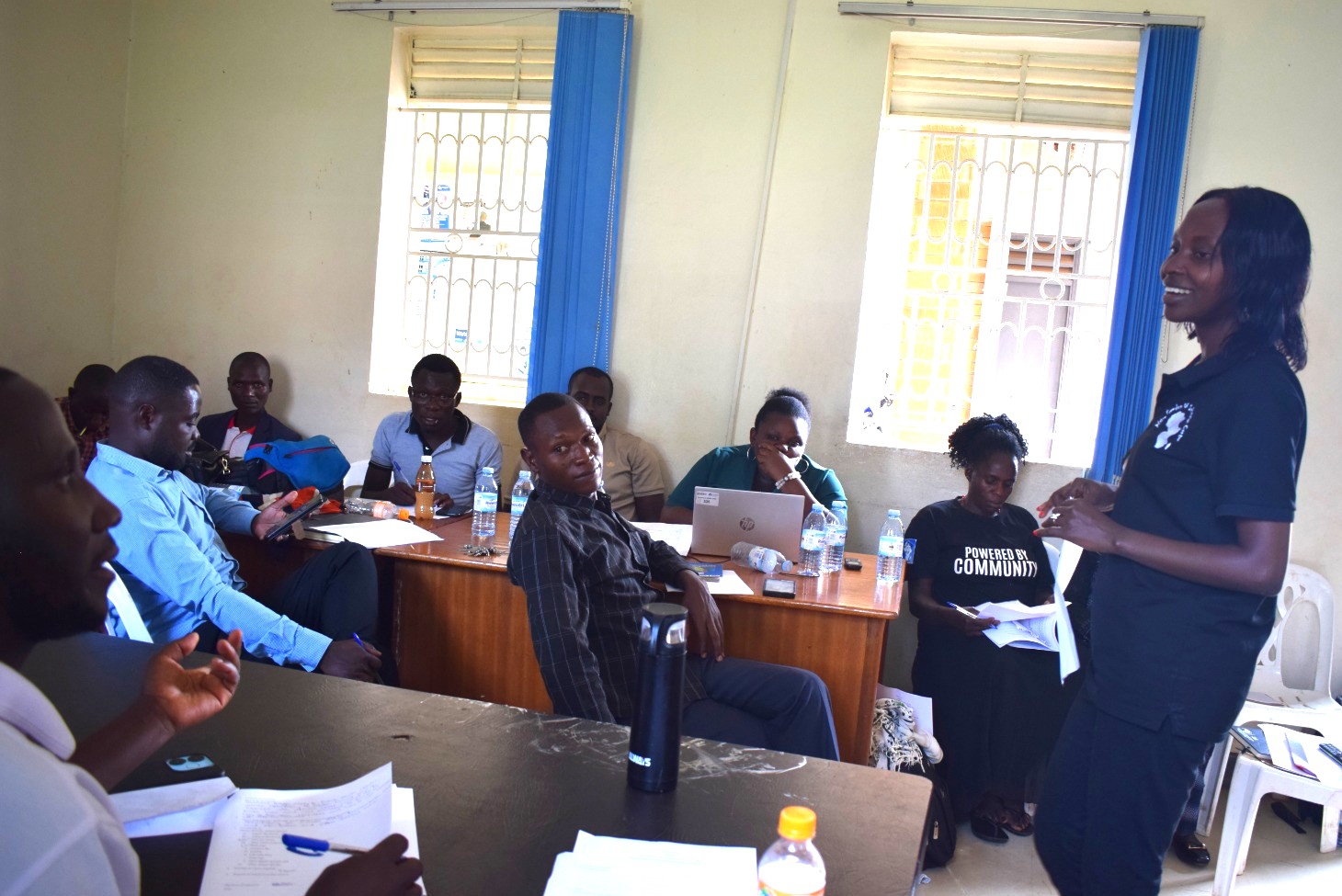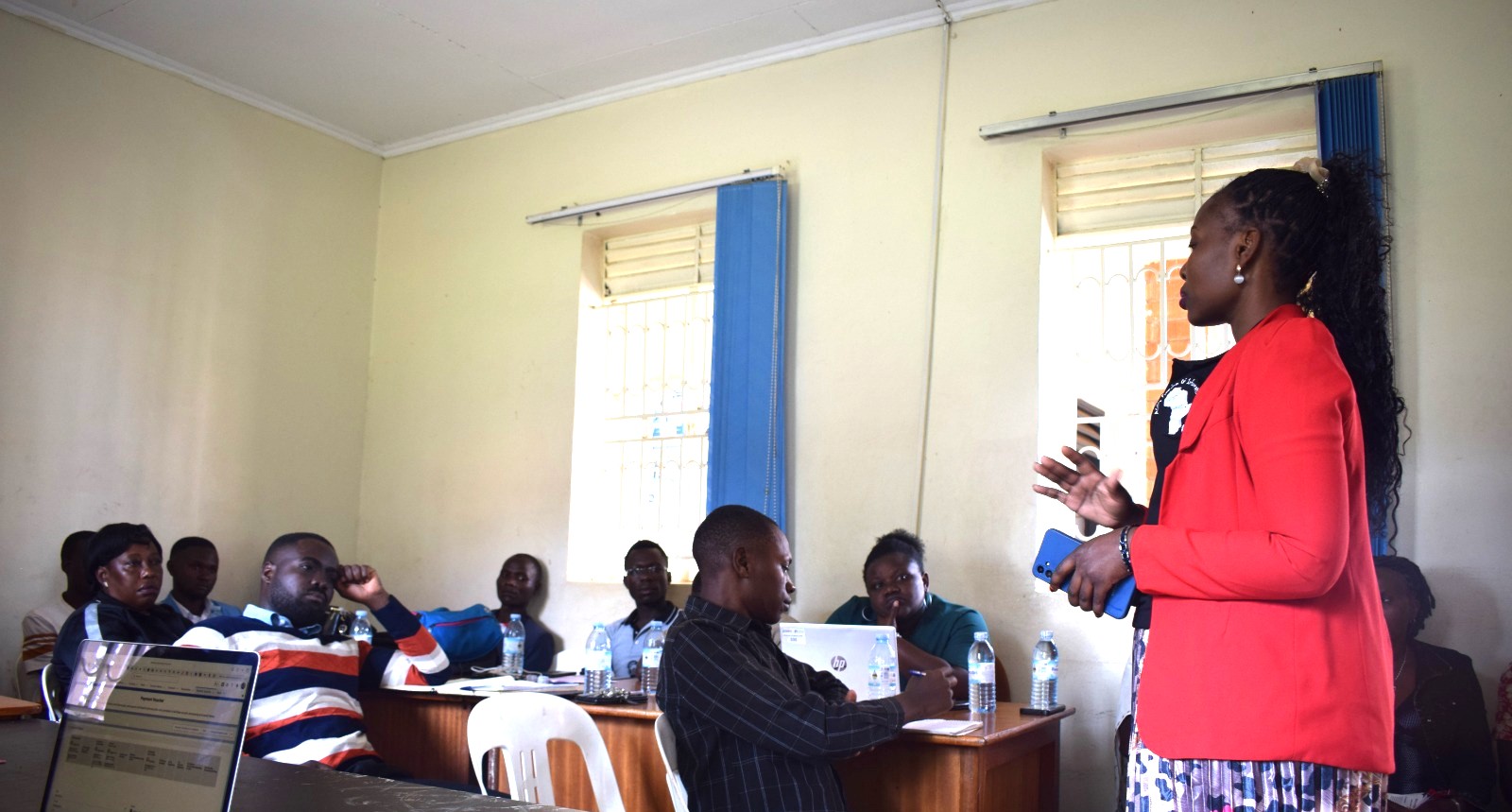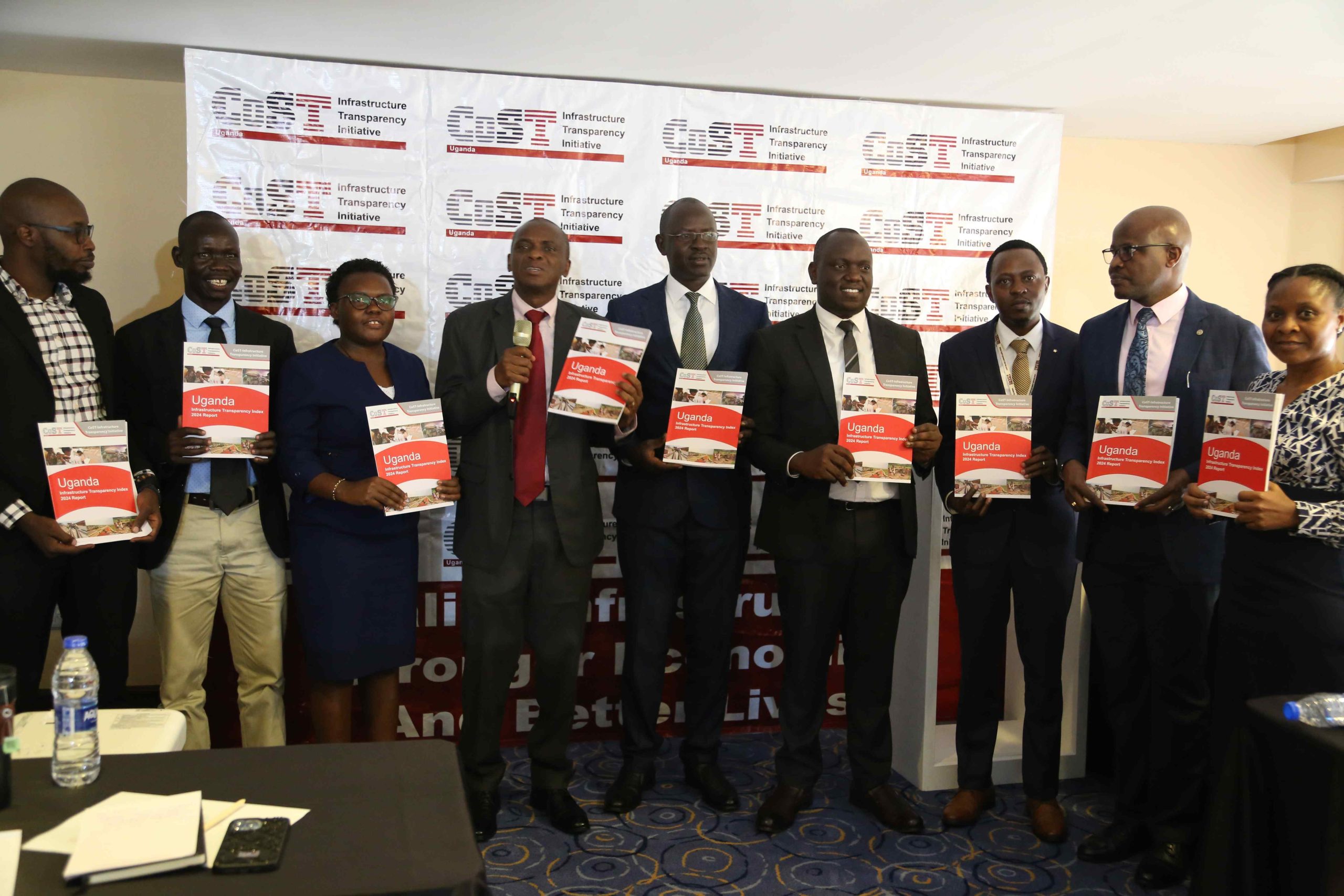
Last week, we attended a training organized by Africa Freedom of Information Centre (AFIC), in partnership with Twaweza Uganda. The training sessions focused on Access to Information (ATI) in Kyenjojo district. Similar trainings were conducted across three more districts including Rubanda, Kole, Kamuli.
The trainings brought together both the demand side (parish chiefs, community development officers) and the supply side (civil society organizations and journalists). The focus was on building understanding of Access to information (ATI), its importance, and the roles different actors play in ensuring the law is effectively implemented at community level.
Understanding the Law
Participants were introduced to Uganda’s Access to Information Act (2005), which operationalizes Article 41 of the Constitution. The law gives every citizen the right to access records and information held by government institutions, subject only to a few exceptions such as national security, personal privacy, or information protected by law.
Why Access to Information Matters
Access to the right information empowers citizens, supports accountability, and prevents the spread of misinformation and disinformation. Participants were introduced to the ATI Law and ATI request forms, which facilitate in ensuring authenticity in information and improving citizen participation in governance.
“Share timely and accurate information to counter misinformation and build trust in governance,” urged Maria Lakel Gaaba.
Delaying access to information gives space for wrong information by others. ATI in budgeting and planning helps to track public spending. Hence trained on request for information template provided by ATI Act.

Her colleague Violet Jolly noted that CSOs and journalists complement each other as CSOs use ATI to monitor government projects and expose corruption, while journalists investigate and share findings with the public.

Participants, however, pointed out challenges—political interference in media, fear, underqualified reporters, and limited resources for investigations. They agreed that CSO support is often critical in enabling journalists to pursue costly, evidence-based stories and research that strengthen transparency and accountability
Key Takeaways
1. Knowledge of the ATI Act: Citizens and local officials must understand their rights under the law to effectively demand and share information.
2. More training needed: Journalists and CSOs requested regular ATI capacity building across the country.
3. Bridging the gaps: Stronger partnerships are needed between local government, CSOs, and the media to ensure timely information sharing.
4. Practical tools: Members practiced filling out ATI request forms and discussed which types of information should be requested such as government spending, public projects, and tax obligations.
Commitment
Africa Freedom of Information Centre shall collaboratively continue empowering public on Access to information. “Access to information is not just about forms, it is about empowering citizens to demand what they deserve to hold leaders accountable.”



